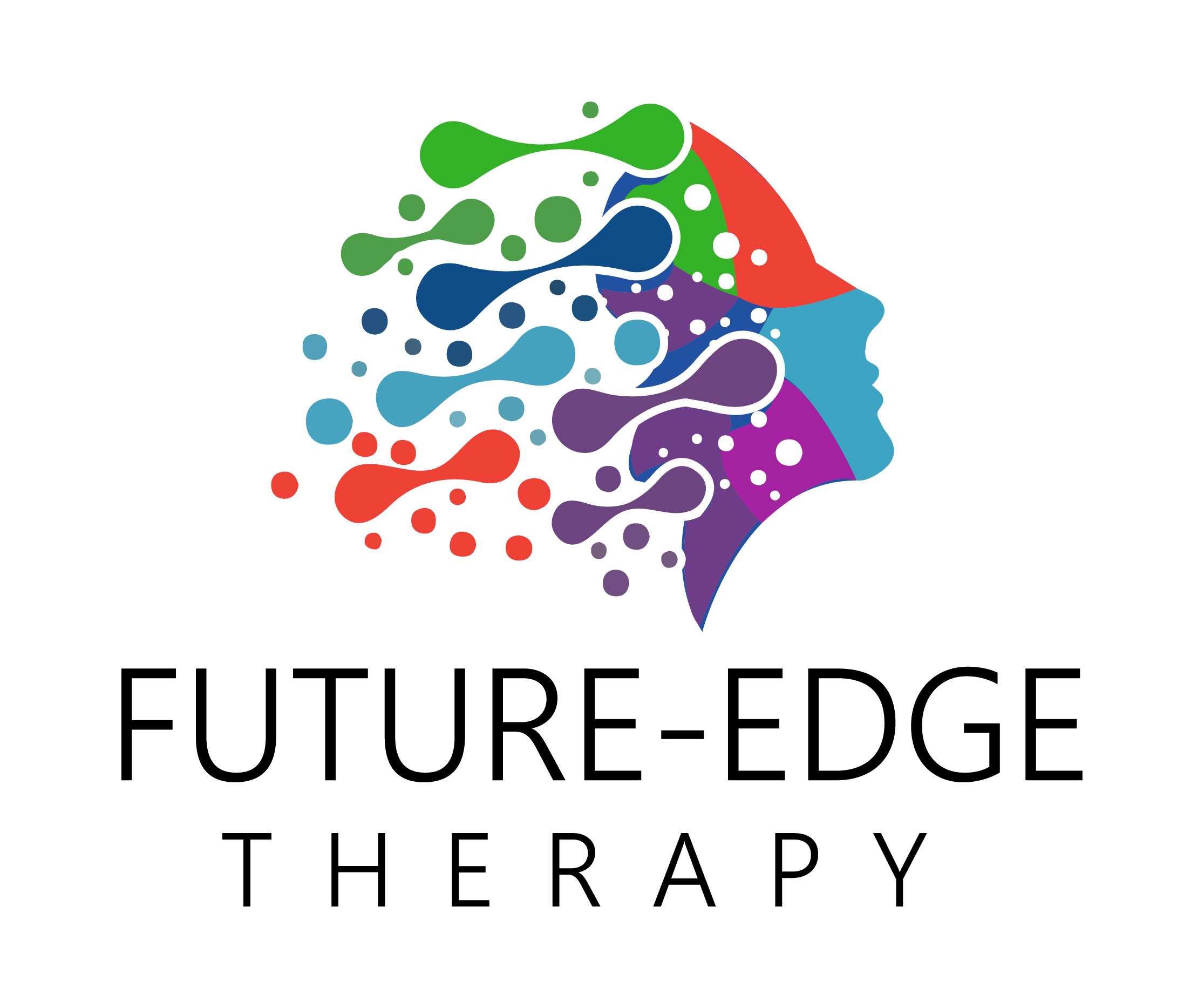
10 Apr Living with PTSD: Daily Coping Tools That Actually Work
Living with Post-Traumatic Stress Disorder (PTSD) can feel like navigating an unpredictable storm – one moment you’re grounded, the next you’re caught in a flashback or overwhelmed by anxiety. While therapy is a key part of long-term healing, there are daily coping tools that can make a real difference in managing symptoms and regaining a sense of control.
Here at Future Edge Therapy, we believe that small, consistent practices can have a powerful impact. Whether you’re newly diagnosed or have been living with PTSD for years, these practical strategies can support your everyday mental wellbeing.
Grounding Techniques to Stay in the Present
PTSD often pulls people into past experiences through flashbacks or intrusive memories. Grounding techniques help bring you back to the here and now.
- 5-4-3-2-1 Technique: Name 5 things you can see, 4 you can touch, 3 you can hear, 2 you can smell, and 1 you can taste. This sensory-based tool anchors you in the present moment.
- Carry a grounding object: A smooth stone, a piece of fabric, or even a keyring—something you can physically hold when you feel yourself dissociating.
Journaling for Emotional Release
Writing about your thoughts and emotions can provide clarity and reduce internal pressure.
- Keep a small notebook or app on hand to jot down how you’re feeling, especially after a triggering moment.
- Try “free writing” for five minutes each morning. No pressure – just let your thoughts flow.
Mindful Breathing and Body Awareness
PTSD can hijack your body’s stress response, making it hard to feel safe. Reconnecting with your breath and body is a gentle way to counteract this.
- Box breathing: Inhale for 4 seconds, hold for 4, exhale for 4, hold for 4 – repeat for a few minutes.
- Body scans: Before bed, mentally scan your body from head to toe, noticing where you’re holding tension.
Use Tech to Your Advantage
There are excellent apps designed to help manage trauma-related symptoms:
- Calm or Headspace for guided meditation
- PTSD Coach (developed by experts) for tracking symptoms and learning coping strategies
- Daylio for mood tracking to spot patterns over time
Create a Safe Support Network
PTSD can make you feel isolated, but connection is a vital part of healing.
- Talk to a trusted friend, family member, or peer who understands your journey.
- Consider joining a local or online PTSD support group—sometimes knowing you’re not alone makes all the difference.
Establish Gentle Routines
Trauma disrupts your sense of safety and stability. Routines can rebuild that.
- Start with a morning or evening ritual, even something as simple as a cup of tea and five minutes of quiet.
- Build in time for self-care: regular meals, sleep hygiene, and moments of calm.
Know When to Seek Professional Help
While self-help tools are invaluable for manging PTSD in day-to-day life, they work best when paired with professional support. At Future Edge Therapy, we offer trauma-informed counselling that meets you where you are – no judgement, just compassion.
PTSD isn’t something you just “get over.” But with the right tools and support, it is possible to move forward. Healing doesn’t happen overnight, but every small step you take is a victory worth celebrating.
Ready to Take the Next Step?
If you or someone you love is living with PTSD, you don’t have to face it alone. Please contact us today on 07970 011235, or complete our online enquiry form. Our experienced team are here to help you find clarity, build resilience, and take meaningful steps towards recovery.
 7 ways to combat anxiety - Free ebook
7 ways to combat anxiety - Free ebook

